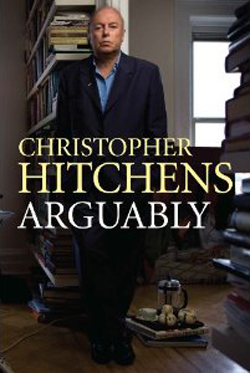
Coming at a time when the global financial crisis and contracting of consumer spending is ushering in a new epoch for the fashion industry, To Die For offers a very plausible vision of how green could really be the new black. Taking particular issue with our current mania for both big-name labels and cheap fashion, To Die For sets an agenda for the urgent changes that can and need to be made by both the industry and the consumer. Far from outlining a future of drab, ethical clothing, Lucy Siegle believes that it is indeed possible to be an ‘ethical fashionista’, simply by being aware of how and where (and by whom) clothing is manufactured. The global banking crisis has put the consumer at a crossroads: when money is tight should we embrace cheap fast fashion to prop up an already engorged wardrobe, or should we reject this as the ultimate false economy and advocate a return to real fashion, bolstered by the principles of individualism and style pedigree? In this impassioned book, Siegle analyses the global epidemic of unsustainable fashion, taking stock of our economic health and moral accountabilities to expose the pitfalls of fast fashion. Refocusing the debate squarely back on the importance of basic consumer rights, Siegle reveals the truth behind cut price, bulk fashion and the importance of your purchasing decisions, advocating the case for a new sustainable design era where we are assured of value for money: ethically, morally and in real terms.
















